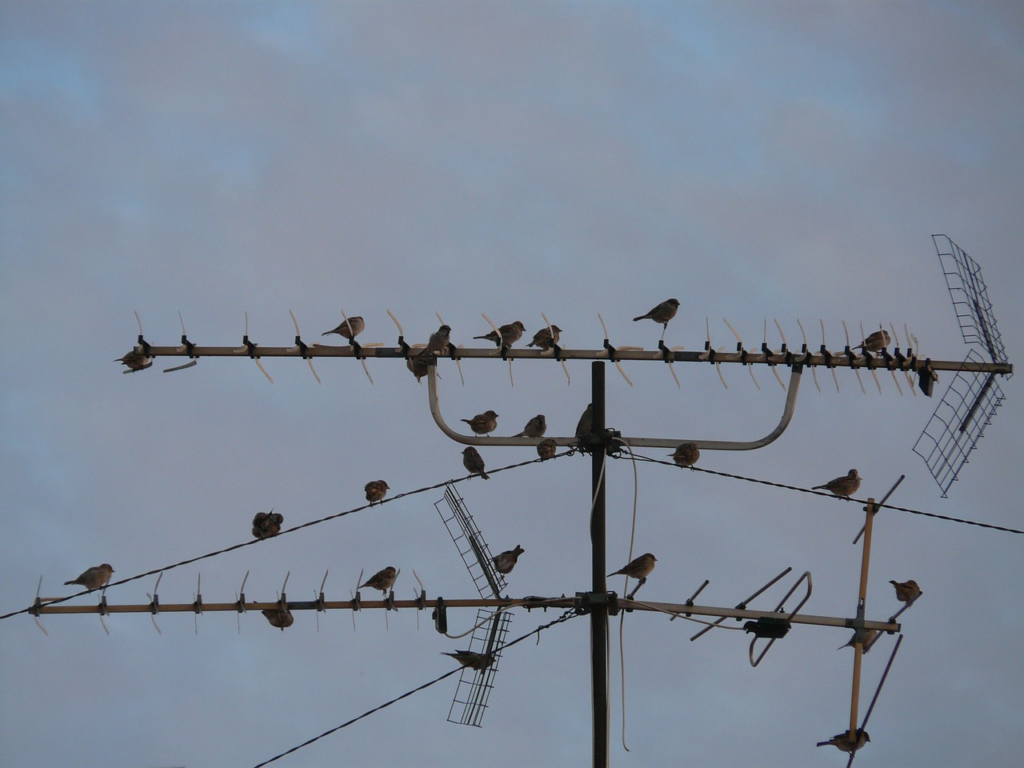A great way to reduce your use of data is to put up a TV antenna to enjoy thousands of television channels free of charge. The majority of your local TV channels broadcast your favorite shows, so you’d be saving up hundreds of dollars a year if you make the switch. Although there are countless channels to choose from, you’ll find that you’ll want access to less than a hundred channels that broadcast the kind of shows and movies that you enjoy watching.
The other plus side to the switch is that these channels often air everything in HD, and will soon be available in 4k, which means that you’d be saving yourself hundreds of gigabytes of data. And it’s all as easy as simply setting up a television antenna. Here’s how you can choose the right antenna for you.
Location
One of the most important factors of deciding on the right antenna for you is figuring out whether you’ll be installing it indoors or outdoors, seeing as there is a type for each. Typically, indoor antennas are not as powerful and may leave you with a poor broadcasting connection. Indoors, the walls of your house can interrupt your signal, and can also affect it if there are metal objects outside the building or on inside your home.
That said, the safest bet is to buy an outdoor antenna. These are designed to pick up even the weakest signal and are known to be much more durable and versatile. The only downside is, they’re more expensive to install and the cables are much longer, which may leave you with a bit of a mess that you’ll have to figure out a way to cover up. You must use hdtv antenna signal meter to find a good signal
Antenna Type
Before you proceed to order that antenna, you need to decide on what channels you’ll want to watch. You can use an online TV signal locator, where you type in your house address to see what channels are available in your area. These signal analysis programs tell you which direction these channels are broadcasted from. For instance, you may find that most major channels are broadcasted from the city. In this case, you’ll want to purchase a directional antenna, which is ideal for a strong connection.
On the other hand, if there are many channels broadcasting from all around you, you’ll want to opt for an omnidirectional antenna. While this will assure that you pick up on signals from all around you, it’s also known to compromise signal quality. If you’re concerned about both, make sure you purchase one made for outdoor use, and it’s usually easy to set up yourself.

Long Range
Whether or not the channels you want to watch have a strong or weak signal, you’ll still want to invest in a long-range antenna to make sure that you don’t sacrifice quality over the number of channels that you want to broadcast. This will give you the best of both worlds, and they’re typically made to be installed outdoors. If you’re unsure how to install it yourself, you can see on this site that it’s recommended to read a couple of tutorials and do it yourself instead of hiring a third party to install it for you. Most users don’t realize how easy it is to follow the steps through, and you’d only have to do it once.
Analyzing Your List
After using an online TV signal locator, you may find that some of your favorite channels are at the bottom of the list. The channels at the top are those you’ll have to work least with, while those ranked low may have a poor signal. You may find it difficult to broadcast some of them if you have an indoor antenna. This is why it’s advised to make a list of your favorite channels before you shop; this way, you’ll know the range needed and whether you’ll need a bigger antenna for a stronger signal. Bigger antennas are more expensive, and you may not need them if your favorite channels are ranked high.
In the event that you already have an antenna and it’s not picking up on a particular station, you may want to invest in a signal booster. These can be used alongside your existing antenna and can amplify weak signals at a low cost.
If you’ve been meaning to make the switch from pay-TV to local channels, the right antenna is all you need. You should always do your research and make a list of the channels that you want to broadcast before you purchase your antenna to see whether you’ll need an outdoor or indoor antenna. If you want to lower the costs of installation, most types are easily installed on your own, and there are numerous tutorials online that show you how to do just that.

